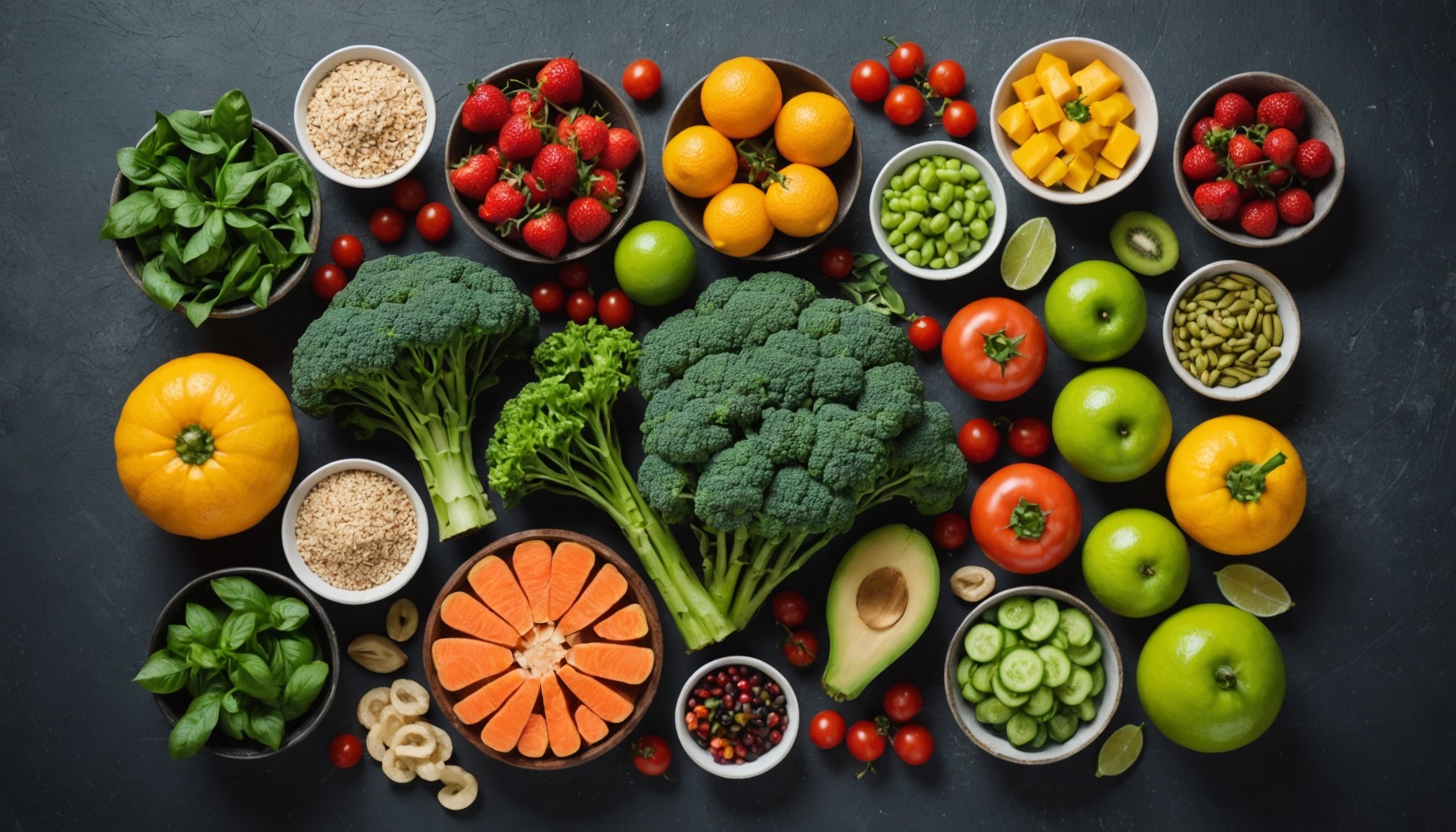In recent years, there’s been a growing interest in how our diet influences our mental health. Depression, a condition affecting millions globally, often seems distant from the foods we consume daily. However, extensive studies highlight a compelling link between dietary patterns and mental wellness. As you navigate through life’s challenges, understanding what dietary modifications can potentially alleviate symptoms of depression is crucial. By incorporating the right foods into your routine, you might find relief and a brighter outlook on life.
Understanding the Intersection of Diet and Mental Health
The Science Behind the Connection
To grasp the connection between diet and depression, it’s essential to delve into the scientific underpinnings. Researchers have long explored the relationship between nutrition and mental health, unveiling associations that could transform treatment approaches. The gut-brain axis, a bidirectional communication system linking the gastrointestinal tract and the brain, plays a pivotal role. Here, nutritional components influence brain function and emotional states.
Also to see : How does physical activity influence your overall well-being and health?
A Closer Look at Studies
Recent scholar studies shed light on the correlation between dietary patterns and depression. A significant study published in the “Journal of Affective Disorders” found that individuals adhering to a Mediterranean diet experienced fewer symptoms of depression compared to those who didn’t. This diet, rich in healthy fats, vegetables, and lean proteins, offers a blueprint for mood enhancement.
Beyond Nutrients: The Broader Impact
While specific nutrients are critical, the broader dietary pattern holds equal importance. Experts suggest that holistic dietary habits, rather than isolated ingredients, foster optimal mental health. Eating balanced meals, embracing variety, and maintaining regular eating schedules contribute to a stable mood and overall well-being.
Also to see : What are the most effective ways to manage anxiety in daily life?
In understanding these dynamics, you, as an informed reader, stand equipped to make proactive dietary choices that support emotional health.
Key Nutrients and Foods to Incorporate
Omega-3 Fatty Acids: The Brain’s Best Friend
Among the plethora of foods beneficial for mental health, omega-3 fatty acids stand out. Found abundantly in oily fish like salmon, mackerel, and sardines, omega-3s are indispensable for brain health. They contribute to neural membrane fluidity, affecting neurotransmission and reducing inflammation.
The Role of Antioxidants
Antioxidants, present in colorful fruits and vegetables, combat oxidative stress—a factor linked to depression. Berries, spinach, and broccoli are rich in vitamins C and E, which bolster brain health. By incorporating these into your diet, you potentially shield yourself from anxiety and mood disorders.
The Magic of B Vitamins
B vitamins, particularly B6, B12, and folate, are vital for synthesizing neurotransmitters such as serotonin. Eggs, lean meats, and legumes are excellent sources. A study in the “Journal of Nutritional Science” observed that individuals with higher B vitamin intake reported reduced depressive symptoms.
Incorporating these nutrient-dense foods into your meals can profoundly impact your mental state, paving the way for a brighter, more balanced life.
What to Avoid for Mental Health
The Sugar Trap
While sugar-laden treats may offer temporary solace, they often exacerbate depressive symptoms. Consuming excessive sugar leads to insulin spikes and subsequent crashes, affecting energy and mood. Studies indicate a correlation between high sugar intake and increased risk of depression, urging caution among consumers.
Refined Carbohydrates: Empty Calories
Refined carbohydrates, prevalent in white bread, pastries, and processed snacks, offer little nutritional value. These foods can lead to blood sugar fluctuations, impacting mental stability. Opting for whole grains ensures a steady release of energy, supporting cognitive and emotional health.
The Impact of Artificial Additives
Artificial additives, including preservatives and colorants, have been scrutinized for their potential neurological effects. While more research is needed, some studies suggest that these additives may exacerbate anxiety and depression symptoms. Opting for whole, unprocessed foods can mitigate these risks.
By identifying and minimizing unhealthy dietary choices, you’ll create a cleaner, more nurturing environment for your mental well-being.
Harnessing the Power of the Mediterranean Diet
Core Principles of the Mediterranean Diet
The Mediterranean diet, celebrated for its heart health benefits, also champions mental wellness. Characterized by abundant fruits, vegetables, nuts, whole grains, and olive oil, this diet promotes longevity and happiness. Lean proteins, such as fish and poultry, complement these plant-based components.
A Group Effort: Social and Mental Benefits
Beyond nutritional content, the Mediterranean lifestyle fosters social connections. Sharing meals with family and friends nurtures a sense of belonging, crucial for mental health. This aspect underscores the importance of community and support networks in battling depression.
Success Stories and Real-Life Impacts
Individuals worldwide have embraced the Mediterranean way, reporting diminished anxiety and enhanced moods. These personal testimonials, supported by decades of research, advocate for this dietary pattern’s ability to transform lives. By adopting these habits, you, too, can experience its profound effects.
In weaving the Mediterranean diet into your life’s fabric, you embrace a holistic approach to mental health and overall well-being.
Navigating the intricate relationship between your diet and mental health is a journey worth embarking on. By prioritizing nutrient-rich foods and adopting beneficial dietary patterns, you empower yourselves to combat depressive symptoms proactively. While diet alone isn’t a cure-all, it complements other therapeutic strategies, creating a robust framework for emotional resilience. As you contemplate these insights, consider how each dietary choice shapes not only your physical health but also your mental landscape, guiding you towards a more fulfilled and balanced life.











